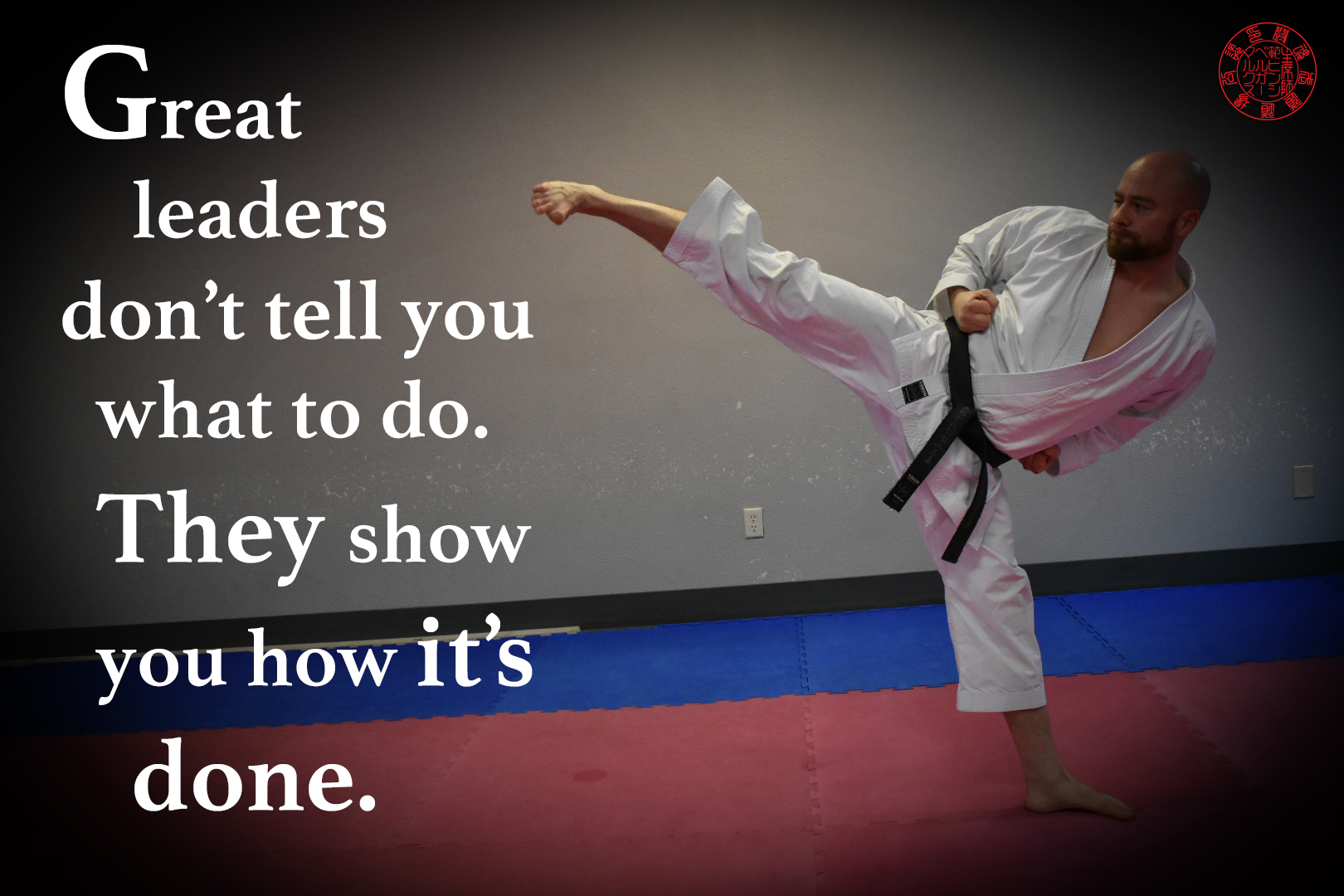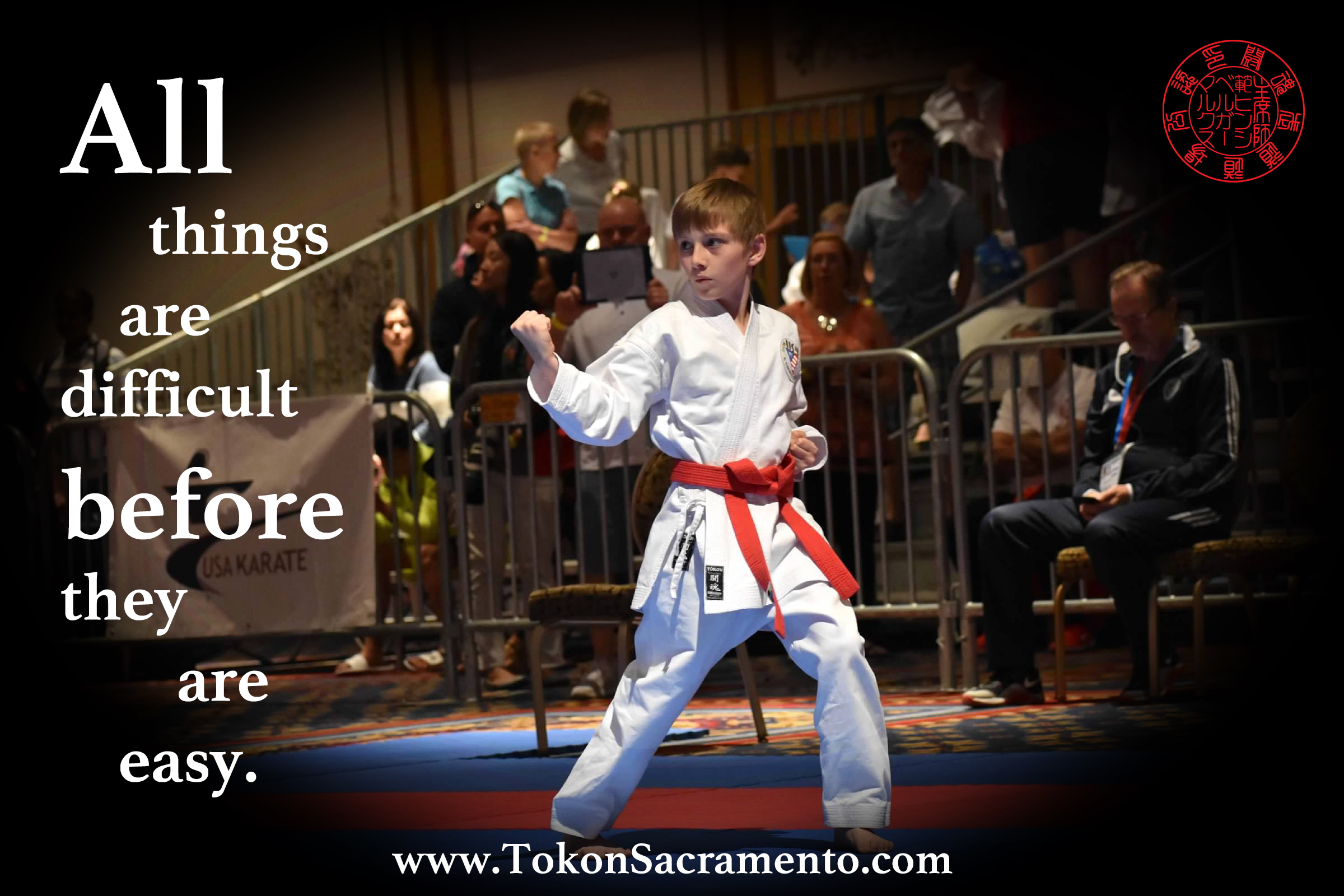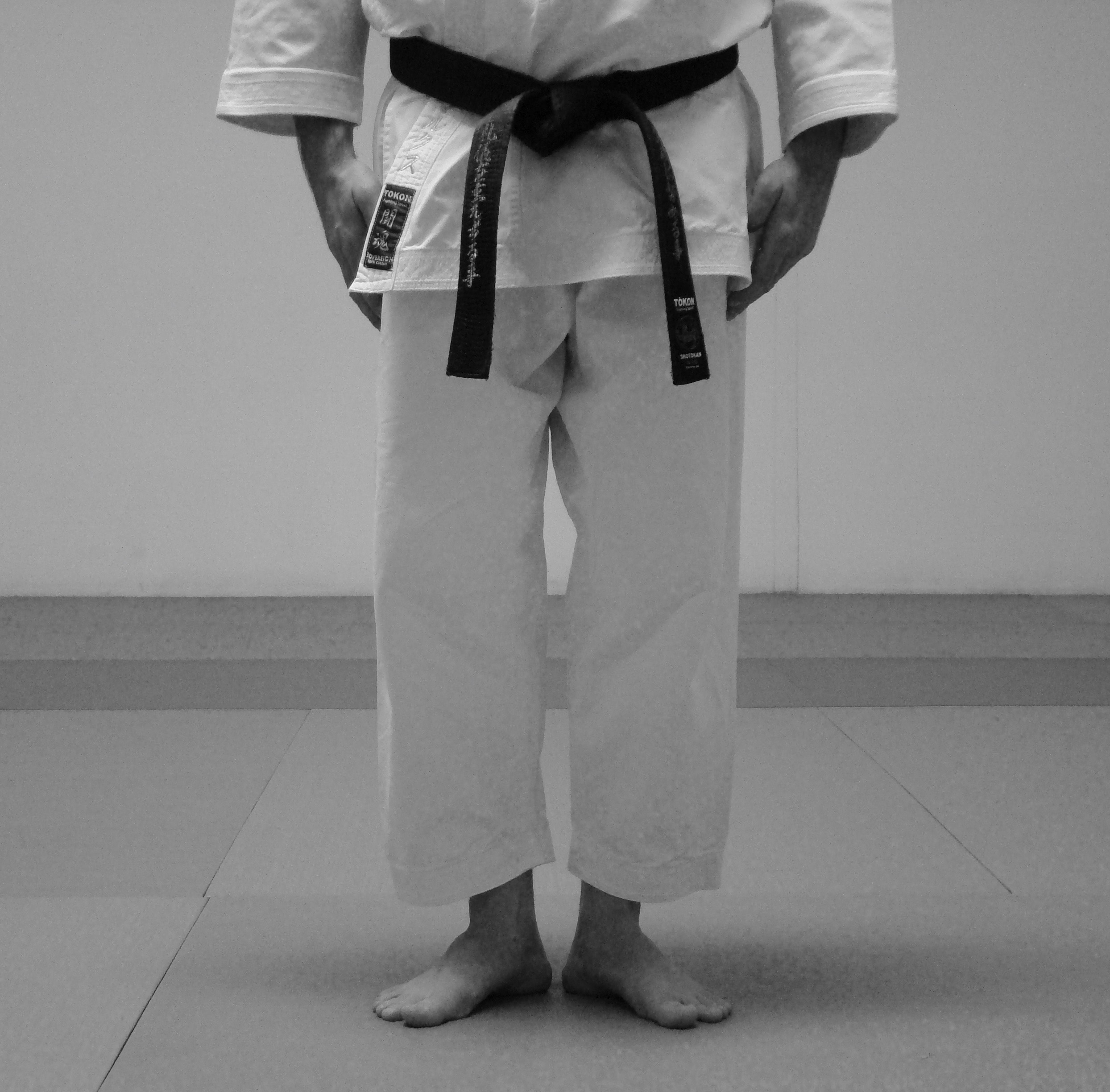There is always a well-known solution to every human problem. However, when it comes to complex problems, it will inevitably create a fertile ground for controversy combined with major debates and discussions. Especially, serious problems arising within our contemporary world and its relation to our children’s development.
Now let’s start with listing common major challenges our young generation commonly face whether at home, school, or in general aspects:
- Lack of respect or fellowship.
- Limited attention spans.
- Poor social interaction.
- Inability to challenge or take risks out there in the open.
- Very narrow emotional-stability.
- Confidence erosion.
- Poor physical resilience.
- Weak team-performance.
- Inability to lead or follow.
- Loneliness and early signs of depression.
Many teachers or parents’ complaints occur more frequently within this list nowadays – Sadly, these are only highlights for a list much longer than the one above.
Undoubtedly, you are now wondering where all of these problems originate? Do they share one origin? Or more?
Almost most of them stem from one source, which can be displayed as the ‘lack of participation with the real-world’, in other words, practical applications with life outside the limitations of a book or a screen. Outside the limitations of raw data that children study in schools. Unfortunately, public educational systems only focus on organized knowledge, in terms of, fixed and raw data. It mainly roams around academic excellence – often to the exclusion of everything else. Neglecting practical applications like conflict-resolution, leadership, respect, and emotional-resilience. Or, cognitive ones like, concentration. Can this ‘fixed’ knowledge that children learn in school allow them to pass any tests in life other than the ones they constantly have inside classrooms?
By contrast, Carter, Private, and Waldorf schools tend to have more freedom to offer and implement activities and enrichments that counteracts this void.
On the other hand, when it comes to examining contemporary challenges we should start with technologies and social networks as a common lifestyle that dominates children’s development into a quite terrifying extent. No one can deny our constant escape from real-life interactions when it comes to modern social networks nowadays!
A reality most children get trapped inside.
Therefore, they start to lose essential skills to interact socially. Let’s take texting as a common social interaction. Why texting is different than face-to-face interactions? Use your wide imagination with this scenario. When a boy/girl interacts face-to-face with their peers they start to acknowledge facial expression, body language, tone of voice, and gestures. They simply become aware of many other aspects other than dry text-messages on social networks - It is a black & white platform of interaction with no emotions or empathy involved. In turn, how can a child develop as an individual who knows other's intentions? Or feelings? Or how to challenge social-conflicts in a healthy manner?
In addition, to this level of interruption and this level of rapid/overwhelming access to information can clearly cause short-term attention spans. For instance, this availability of too many pictures, notifications, likes, information, comments, yet this hyperactive demands found in any video game, and loads of other distracting features found on any smart device or computer, creates more than a fertile land for their brain to stay tuned with all of these events happening on their screens, leaving no space to focus only on thing! Many parts of their brain stay constantly latched to this interesting digital world.
At least, we as adults were lucky to play out there in the fields and freely discover this world. Thus, we need to think seriously with our young generation who were born as prisoners to these devices, leaving no space for their imagination, social interaction, personalities, or cognitive ability to develop in a healthy way. Let’s say ‘NO’ to this ‘erosion of childhood’ and start implementing rigid solutions now!
However, I have attempted to focus on technologies more closely only after considering it as a dominating factor, thus, this factor clearly demonstrate its wide-spreading position all around the atmosphere and demonstrate its wide availability almost within every child’s hands-this makes it strong yet common evidence to examine.
However, reasons for why children manifest challenging behaviors are unlimited and impossible to measure and gather exactly all of these reasons and forces since these forces are hidden behind every child’s own experience with life as many aspects such as psychological, sociological, and biological ones interact with each other to uniquely craft his/her personality and make him/her the person that he/she is.
After examining the challenges children confront along with their potential causes, let’s now spot the light on rigid solutions!
Many of us might get frustrated when solving complex challenges like these, simply because we might assume that challenging problems must be parallel with complex solutions. Surprisingly, there is one simple recipe for all of these complex challenges. This recipe is dated back to ancient Japan, and it lies at the heart of Traditional Martial Arts. At first sight, martial arts might seem to be a blend of physical exercise and self-defense training. However, in reality, martial art practice is not all about self-defense, but rather a pathway to self-development and self-mastery.
In fact, many scientific researches support the validity of martial arts in improving both physical and mental capacities. Yet, what distinguishes Martial Arts from any contemporary therapy or drug, lies behind its totality feature, in other words, martial arts infrastructure and training elements are directed intentionally to heal and develop physical, psychological and spiritual capacities. Adding to its inexpensive feature as well. It is simple, total, available, and affordable for everyone.
One evidence by (Adam M. Croom, ResearchGate, 2014, P. 68), suggested that martial arts contributes positively to our overall psychological well-being. He discussed in his research, that psychological well-being develops according to the following key aspects, which are, positive emotion, engagement, relationships, meaning, and accomplishments as they provoke health and mind balance and contribute to the overall psychological well-being. He concluded that practicing martial arts could positively contribute to one flourishing with greater psychological well-being. Another scientific research by (Wesley Naves-Bittencourt, Arilson Sousa, Eduardo Fontes, and Matthew Stults-Kolehmainen, ResearchGate, 2015, p. 43) stated that Martial Arts training can be ‘characterized as meditative movements as it is a performance that simultaneously stimulates both body and mind’ (Faggianelli & Lukoff, 2006; Waysun, 1990; Wang et al., 2009). Therefore, ‘MA may provide multiple pathways to stress management, which may contribute to a better control of dysfunctional stress (Demarzo et al., 2014) and ultimately physical and mental health’.
A typical child spends 8h a day and more in a classroom along with spending another 2h for homework, adding to other tasks may leave a child with approximately 48h week of sitting!
We all know that physical activity is important for our health. This is undeniable. Furthermore, (Tori Sprung & Kelly Bowden Davies, The Conversation, 2019) suggested that ‘even short periods of physical inactivity are damaging to our health’, they have also, examined the fact that we should get ‘at least 150 minutes of moderately intense activity – or 75 minutes of vigorous activity – every week’.
Martial Arts are also known for their various benefits for the overall physical health including muscles, joints, bones, and cardiovascular health. However, it’s also the psychological part that makes Martial Arts so special. In a US study, children aged between eight and 11 years old were tasked with traditional martial arts training that focused on respecting other people and defending themselves as part of an anti-bullying program. As well as maintaining a high level of self-control under stressful situations. The researchers found that the martial arts training reduced the level of aggressive behavior in boys, and found that they were more likely to step in and help someone who was being bullied than before they took part in the training– cited in (Ashleigh Johnstone, Independent, 2018).
Martial Arts are considered as a perfect platform to establish bonds and these bonds whether were between mentors or peers are governed with rules and techniques that teach leadership along with fellowship, as it provoke feelings of respect, and discipline inside the Dojo. When children practice martial arts, they’ll be well equipped to be mentally focused and physically ready to face any challenges and obstacles including behavioral, social, and physical ones. Discipline, respect for others, being humble, truthful, healthy – they’re all key elements of true martial art practice.
Martial artists share forces against each other, thus, they’ll need confidence, focus, and resilience to achieve the best outcomes. It is an activity directed not only for achieving a healthy body and mind but also a system that teaches social responsibilities, confidence, focus, perseverance, along with other important aspects of personal development. Certainly, such a system exists at the center of martial arts.
This article has systematically examined contemporary challenges children face, adding to a sequence of cause/effect examples attached with pieces of various scientific evidence that introduce martial arts as a key solution for these challenges.
Martial Arts is a total yet simple package for all of these challenges. Therefore, if schools and parents took martial arts into real consideration and action they’ll soon admit outstanding results.
My name is Sensei Marcus Hinschberger and with my wife Christina I am the owner of Tokon Martial Arts.
Tokon Martial art school believes in children abilities and potential that naturally present in children, so it never is utilised at some wrong place. No matter what your child condition is; he has self-doubts, lacks the skills, limited attention, we are here to help your child to get rid of every situation by polishing necessary attributes in his personality. One can contact us by calling or sending the message.
Enroll yourself, or even better your whole family today.
Call us at (916) 835 - 7717
or use the contact form below
"My child can not focus" is something that many parents approach us with when they come to our Karate school. We train with our students the ability to concentrate, increase the attention span needed, and how paying attention in class will help them at school, life, and professional success.
Kids with ADHD are easily distracted and have trouble focusing but by improving concentration and focus; we can help them to be more functional. We teach our students how to eliminate distractions by enhancing their focus. Read below about the great benefits of traditional Karate or visit our blog for more.
References:
Adam M. Croom. (2014) "Embodying martial arts for mental health: Cultivating psychological well-being with martial arts practice", ResearchGate. [Online] Available at Wesley Naves-Bittencourt, Arilson Sousa, Eduardo Fontes, and Matthew Stults-Kolehmainen. (2015) " MARTIAL ARTS: MINDFUL EXERCISE TO COMBAT STRESS”, ResearchGate. [Online] Available at Faggianelli, P., & Lukoff, D. (2006). Aikido And Psychotherapy: A Study Of Psychotherapists Who Are Aikido Practitioners. J Transpersonal Psychol, 38(2),159-178.
Demarzo, M.M.P., Montero-Marin, J., Stein, P.K., Cebolla, A., Provinciale, J.G., & Garcia-Campayo, J. (2014). Mindfulness may both moderate and mediate the effect of physical fitness on cardiovascular responses to stress: a speculative hypothesis. Front Physiol, 5(105), 1-8. DOI: 10.3389/fphys.2014.00105
Tori Sprung & Kelly Bowden Davies. (2019)"Even short periods of physical inactivity are damaging to our health", The Conversation. [Online] Available at Ashleigh Johnstone. (2018) “MARTIAL ARTS OFFERS BRAIN-BOOSTING BENEFITS FOR ALL AGES, RESEARCH FINDS”, https://www.independent.co.uk/life-style/health-and-families/healthy-living/martial-arts-physical-mental-benefits-health-exercise-tai-chi-karate-a8342756.html
Sensei Marcus Hinschberger also owns Taitoku Training. This is a coaching company that was designed to specifically help players in the business world increase productivity through a curriculum filled with self-development and self-transformation classes, team training classes and leadership classes.
This curriculum has helped companies increase productivity, teamwork and resultantly profits.
If you know any CEOs or corporations that want to take it to the next level, ask them to visit Taitoku or contact Sensei Marcus directly at info@TaitokuTraining.com.
What others have to say about us
teaching children focus, video games, personal goals, the ability to focus, how to teach children to focus, staying on task, improve your focus, social media, task at hand, child struggling, life goals, focus for children, how to stay focused on a task, parenting hacks, parenting advice, parenting, future of education, society's challenges, society, community, world economic forum, think tank, study group, fourth industrial revolution, human society, parents and their children, traditional family, study group




